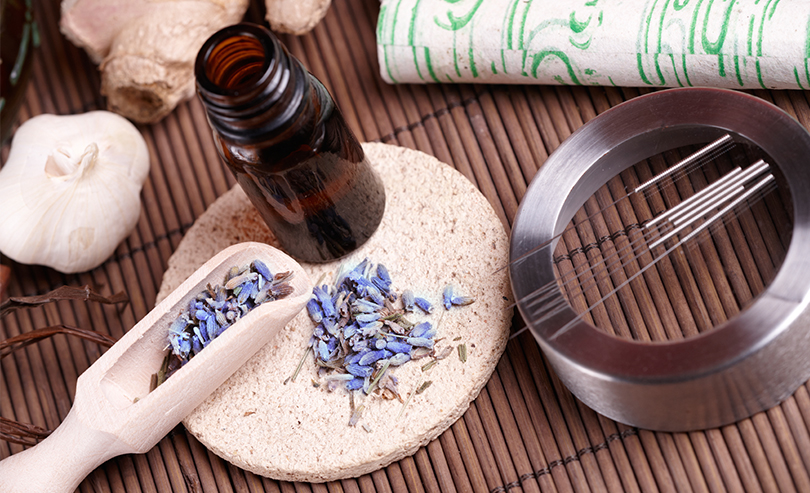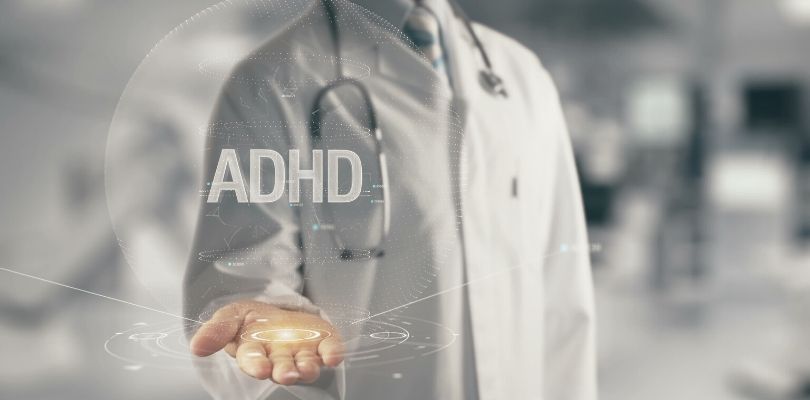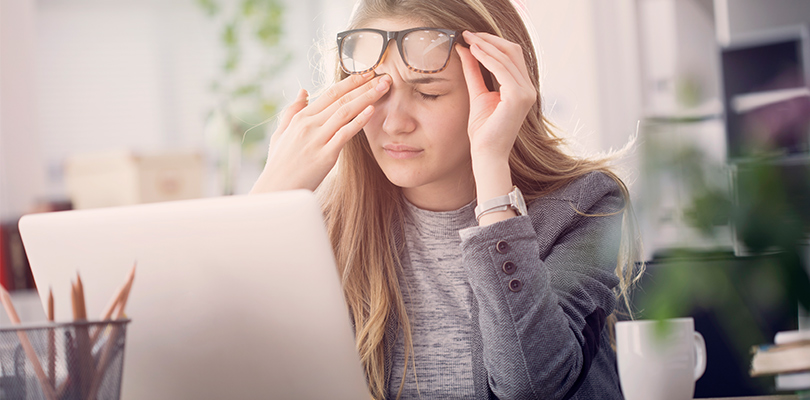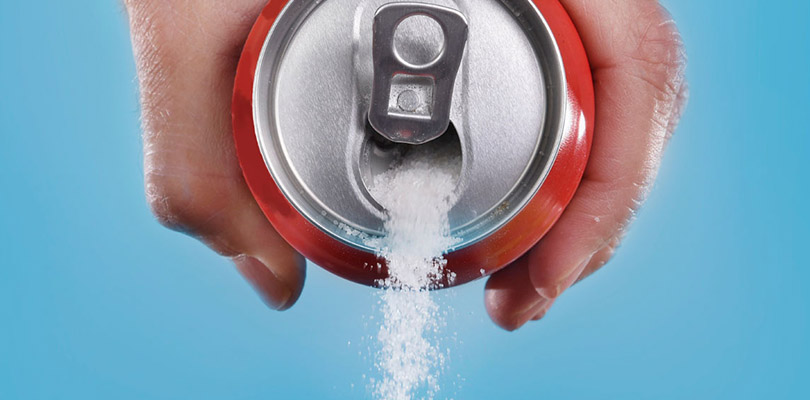
Photo Credit: PumpizoldA / istockphoto.com
ADHD Treatments
ADHD is a complex, challenging disorder that is often difficult to live with and treat. Before starting any treatment for ADHD, it is essential to obtain a diagnosis from a qualified medical professional, as signs of ADHD can be similar to other conditions.
While many people think of ADHD as a problem that impacts children and their families, it is a lifelong condition. The challenges it presents and the treatments needed to address symptoms often change over time. Let’s take a look at some of the most effective treatment options available.
1. Eating Well
We all know eating a diet full of sugar, refined foods and caffeine isn’t healthy for anyone. It’s especially important for children and adults diagnosed with ADHD to eat a healthy diet. Organic foods are best because they limit exposure to pesticides, preservatives, dyes and other artificial ingredients that have no nutritional value and often worsen symptoms of ADHD.
Certain foods are especially beneficial for people who have ADHD. Foods rich in essential fatty acids boost brain health, decrease irritability and aid in the transmission of chemical impulses within the brain. The result is improved concentration. Great sources of essential fatty acids include flax, hemp and wild-caught ocean fish including salmon, mackerel, sardines, and herring.
If insomnia is troublesome, tryptophan-rich foods can provide relief. Good sources of tryptophan include nuts, peanuts, dairy products, whole grains, and turkey. Also include plenty of fresh fruits and vegetables. Berries are particularly beneficial as they support the health of every system of the body. Lean proteins help to round out a healthy diet.
Regardless of what other treatment modalities are adopted, a healthy diet is essential for optimal functioning.
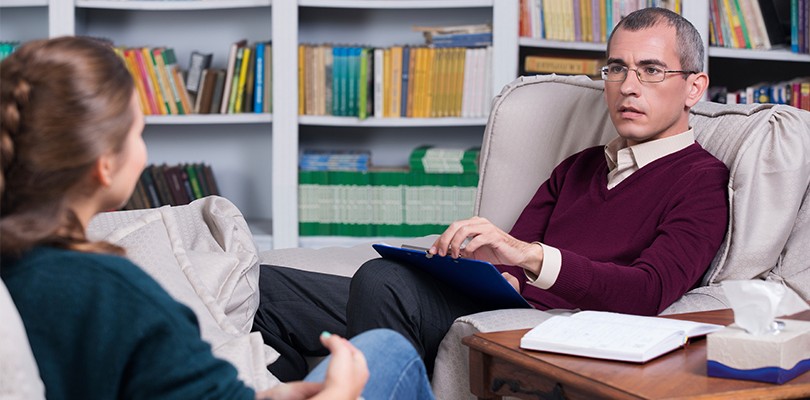
Photo Credit: alexsokolov / istockphoto.com
2. Attending Counseling
Some people shy away from some of the most effective therapies for ADHD because they fear the word “counseling.” There are many types of counseling available that make life with ADHD simpler and more enjoyable.
Counseling may involve learning cognitive techniques to manage the stress of living with ADHD. It can also help with organization and prioritization skills. Some people who have ADHD are impulsive, creating challenges for themselves and their family members. Strategies may be taught that help reduce impulsivity and increase understanding among family members.
Counseling can also help to with emotional issues that are so common in people with ADHD, helping people to realize their value and help them to feel better about themselves. Teens and adults who have ADHD have an elevated risk of substance abuse, and counseling can help at-risk and addicted people avoid further dependency issues.
Counseling is an excellent tool for promoting a healthy lifestyle, learning to relax, and gaining skills that enhance everyday life.
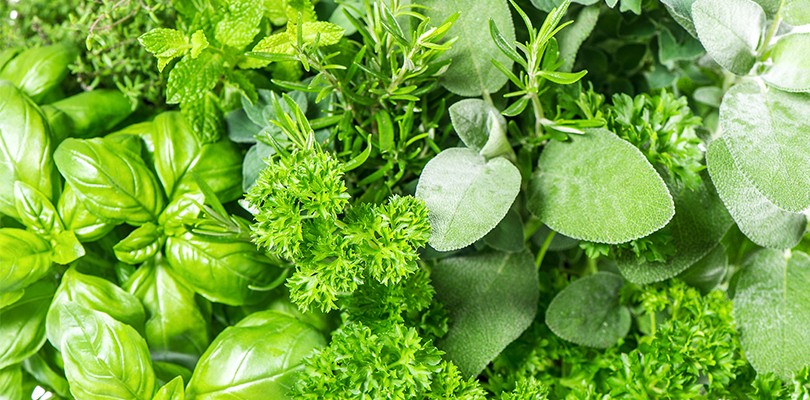
Photo Credit: LiliGraphie / istockphoto.com
3. Herbs
Herbs provide concentrated natural compounds that nourish the brain, soothe the nervous system, minimize impulsivity, enhance memory, balance moods and aid concentration.
Some of the best herbs that aid focus, memory, and concentration include gout kola, ginkgo, ginger, and rosemary. Eleuthero, milky oats, chamomile and linden soothe the nervous system and provide nutrients while St. John’s wort, lemon balm and lavender can improve moods.
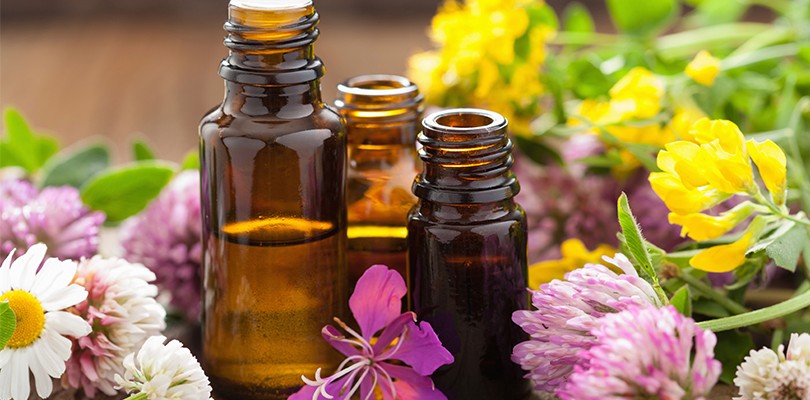
Photo Credit: OlgaMiltsova / istockphoto.com
4. Aromatherapy
The sense of smell is closely linked to memory and emotions. Aromatherapy is an excellent portable therapy that can provide rapid enhancement of focus and concentration.
Rosemary and peppermint essential oils support memory and aid concentration, and are helpful for people who struggle to complete tasks. Lavender, rose and yang-yang are calming. Essential oils may be inhaled from the container that they come in or on a tissue. They may added to baths and skin care products, or vaporized via a diffuser.
ADHD is often associated with children, but adults can have it too. Here you will learn about the different types of ADHD in adults.

Photo Credit: vkph / istockphoto.com
5. Ayurveda
Ayurveda is an ancient Indian healing system of India and a comprehensive, holistic healing approach that offers many benefits for people with ADHD. Ayurvedic approaches coordinate all of the functions of the body and include herbs, massage, exercise and multiple other approaches to support wellness.
Meditation has been proven to relieve anxiety, enhance concentration and change the electrical patterns of brain waves. It helps to reduce impulsivity and negative behaviors while enhancing feelings of self-acceptance and connectedness.
Yoga provides exercise, which relieves stress and offers needed relaxation. Performing yoga poses improves communication between of both sides of the brain and aids focus.
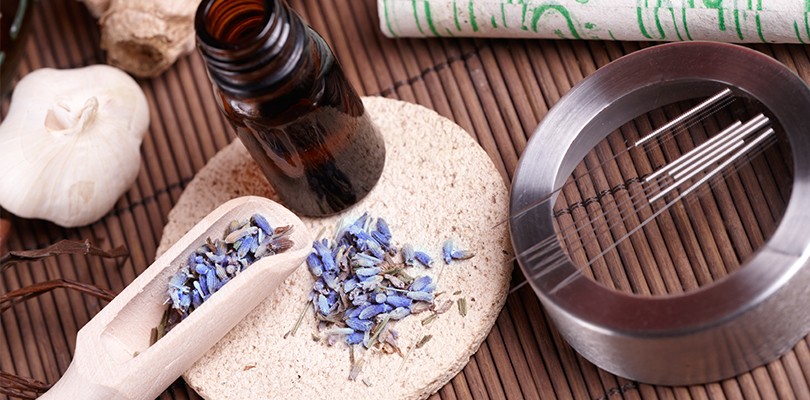
Photo Credit: humonia / istockphoto.com
6. Traditional Chinese Medicine and Acupuncture
Like Ayurveda, traditional Chinese medicine and acupuncture are ancient, time-tested systems of healing. Traditional Chinese medicine experts view ADHD as a disturbance of a person’s energy. Their techniques restore optimal energy patterns throughout the entire body so that the entire person functions better.
Using a wide array of traditional Chinese healing techniques including herbs, nutritional approaches, exercises and acupuncture, memory can be enhanced, mood swings reduced and thinking patterns improved.
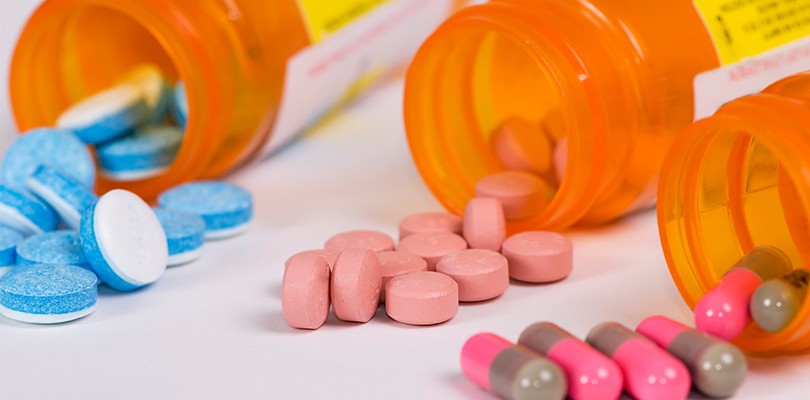
Photo Credit: perkmeup / istockphoto.com
7. Pharmaceutical Medication
Some people benefit almost miraculously from the use of conventional pharmaceutical medications to treat their ADHD. Others have limited or no befit from them. Many medications used to treat ADHD have strong, sometimes dangerous side effects. They can be misused and some are addicting. If symptoms of ADHD are severe and other therapies have not worked, pharmaceuticals are worth considering.
I know a student who literally could not sit still to do his third grade school work. He was in constant motion. When he received medication for his ADHD, he became an A student. He still faced some challenges, but they were miniscule in comparison to before he took the medication.
On the other hand, I know another individual who tried several medications with no beneficial effects. He was calmer, yet his ability to function well actually diminished due to depression, headaches, stomach upsets and fatigue.
If you opt to use pharmaceuticals, be sure to consult with an expert who is very familiar with them.
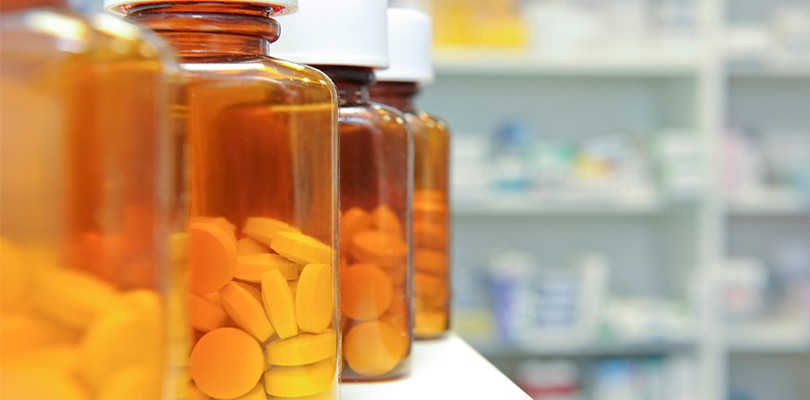
Photo Credit: gemphotography / istockphoto.com
Choosing a Treatment
A combination of several approaches provides the highest likelihood of success for people with ADHD. The best treatment plans are individualized and fluid, and a holistic approach that addresses mind, body, and spirit is very important. Perhaps the most important aspect of treatment is to focus on strengths rather than limitations.
Start implementing a comprehensive approach as soon as a diagnosis of ADHD is made. Early intervention can lead to improved memory, better concentration, less impulsiveness and enhanced self-esteem.
Read more about herbal remedies for ADHD and the benefits of acupressure and acupuncture over at NewLifeOutlook.
Finding the right treatment for adult ADHD can be challenging – but that's no reason to give up, here are four treatment options to look into today.
